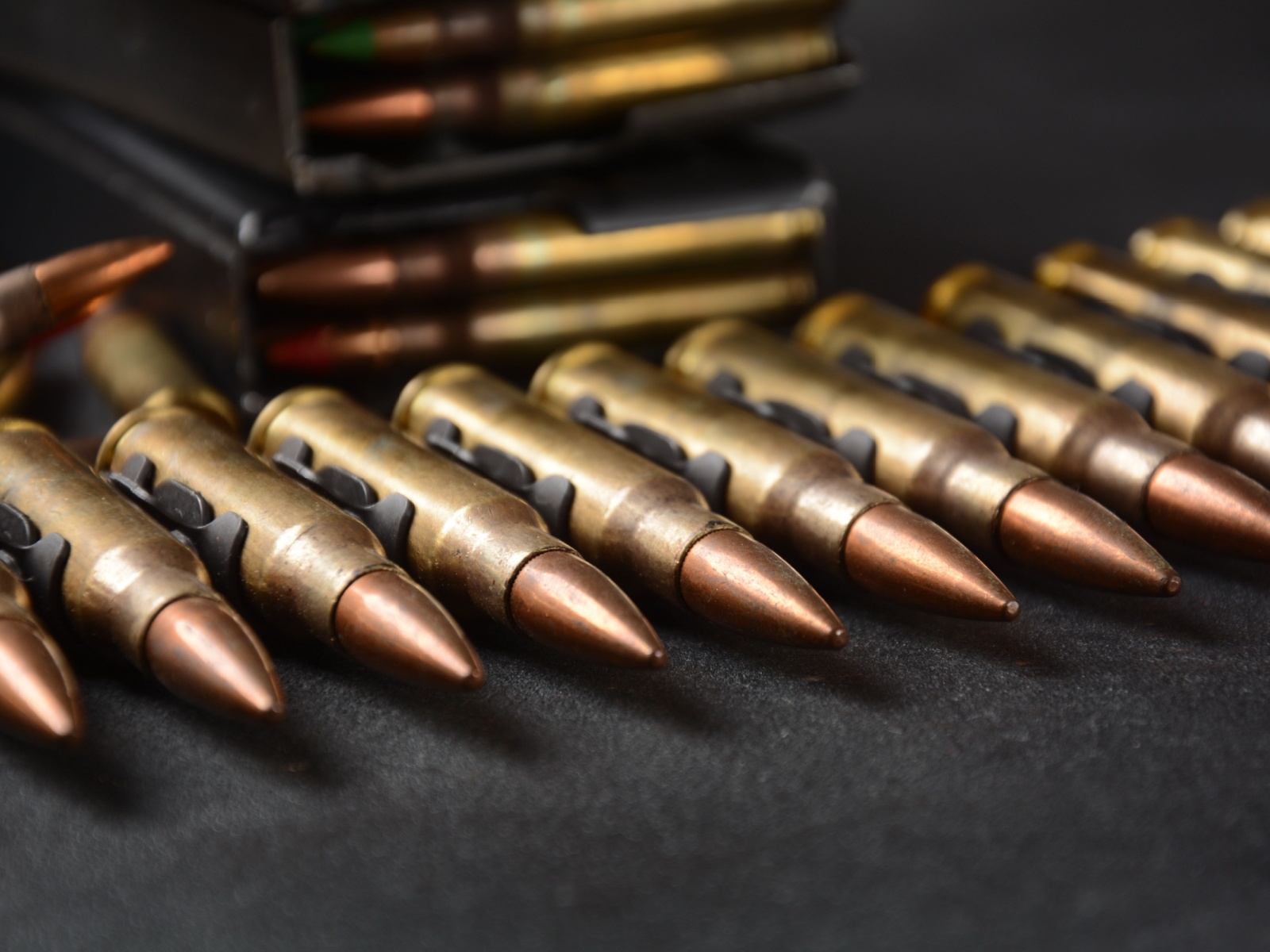GOST 27844 Heat Resistance of Propellant Materials
The GOST standard 27844 outlines a rigorous procedure to assess the heat resistance properties of propellant materials used in various military applications. This test is essential for ensuring the reliability and safety of ammunition systems under extreme conditions, which are characteristic of modern warfare environments.
Understanding the heat resistance property of propellants helps in selecting the most suitable material that can withstand high temperatures without losing its structural integrity or performance characteristics. This standard has been widely adopted by defense agencies across the globe due to its stringent requirements and comprehensive approach to evaluating materials' thermal stability.
The test procedure described in GOST 27844 involves subjecting a sample of propellant material to controlled heating conditions over time, monitoring changes in physical properties such as color change, mass loss, mechanical strength degradation, etc. The results provide valuable insights into how well the chosen materials perform under expected operational temperatures.
For quality assurance purposes, this test ensures that only those propellants which meet strict performance criteria are approved for use. It also serves as a critical tool in R&D activities aimed at developing new formulations capable of meeting future demands while maintaining current standards.
The importance of accurate testing cannot be overstated when dealing with military grade products where even minor deviations from specified parameters could lead to catastrophic failures. Therefore, compliance with GOST 27844 is not just a requirement but also an assurance that the product meets international quality benchmarks recognized globally by major defense organizations.
Compliance with this standard ensures that manufacturers can demonstrate their commitment to delivering high-quality products that meet stringent requirements set forth by regulatory bodies. By adhering strictly to GOST 27844, companies not only enhance their reputation but also gain competitive advantages in the highly regulated military market where reliability is paramount.
Moreover, compliance with such standards fosters trust among end-users who rely heavily on dependable performance from defense equipment. This trust translates into greater customer satisfaction and loyalty, ultimately contributing to long-term business success.
Scope and Methodology
The scope of GOST 27844 primarily focuses on evaluating the heat resistance properties of propellant materials used in military applications. This includes testing various types of propellants such as black powder, nitrocellulose-based powders, composite propellants among others.
- Testing involves exposing samples to controlled temperature conditions for specified durations.
- Physical and chemical changes are monitored using standardized procedures.
The methodology outlined in the standard ensures that all tests conducted follow a consistent approach. This consistency is crucial for obtaining reliable results which can then be compared across different batches or suppliers of propellant materials.
The test protocol requires careful preparation of specimens according to prescribed specifications, ensuring accurate representation of the intended end-product. Specimens are typically prepared by cutting or grinding raw material into uniform pieces suitable for testing purposes.
Instrumentation plays a vital role in accurately measuring temperature changes during heating cycles and recording any observable phenomena such as discoloration, swelling, cracking etc., which indicate thermal instability issues within the sample.
After completion of each cycle, detailed observations are recorded along with quantitative measurements where applicable. These data points form the basis for determining whether or not the tested material meets specified criteria for heat resistance according to GOST 27844.
Benefits
- Enhanced Reliability: Ensures that only materials with proven thermal stability are used in critical military applications, thereby reducing the risk of failure during operation.
- Informed Decision Making: Provides valuable information to R&D teams about material behavior under extreme temperatures, guiding future product development efforts towards more robust solutions.
- Regulatory Compliance: Helps manufacturers adhere to international standards recognized by major defense organizations worldwide, enhancing their marketability and reputation.
- Increased Customer Confidence: Demonstrates commitment to delivering high-quality products that meet stringent requirements set forth by regulatory bodies, fostering trust among end-users who rely heavily on dependable performance from defense equipment.
The benefits of complying with GOST 27844 extend beyond mere regulatory compliance; they encompass enhanced reliability, informed decision-making processes, increased marketability through adherence to recognized international standards, and most importantly, increased customer confidence in the quality and safety of military-grade products.
Quality and Reliability Assurance
- Stringent Testing Criteria: The standard mandates thorough evaluation of propellant samples under controlled conditions to ensure they meet specified thermal stability requirements.
- Consistency Across Samples: Ensures that all batches or suppliers produce consistent results, promoting reliability and predictability in performance across different production runs.
To maintain high levels of quality assurance, laboratories specializing in GOST 27844 testing employ advanced instrumentation capable of accurately measuring temperature changes during heating cycles. Skilled technicians operate these instruments meticulously to ensure accurate data collection throughout the entire process.
Quality control measures include regular calibration and validation of equipment used for testing, as well as strict adherence to prescribed procedures outlined in GOST 27844. This ensures that every test conducted adheres strictly to international standards recognized globally by major defense organizations.
In addition to technical aspects, ensuring proper documentation practices is crucial in maintaining reliable records of all tests performed. Detailed reports are generated summarizing key findings and recommendations based on the results obtained from GOST 27844 testing.
These comprehensive quality control measures contribute significantly towards building trust among end-users who rely heavily on dependable performance from defense equipment. By adhering strictly to GOST 27844, manufacturers not only enhance their reputation but also gain competitive advantages in the highly regulated military market where reliability is paramount.





